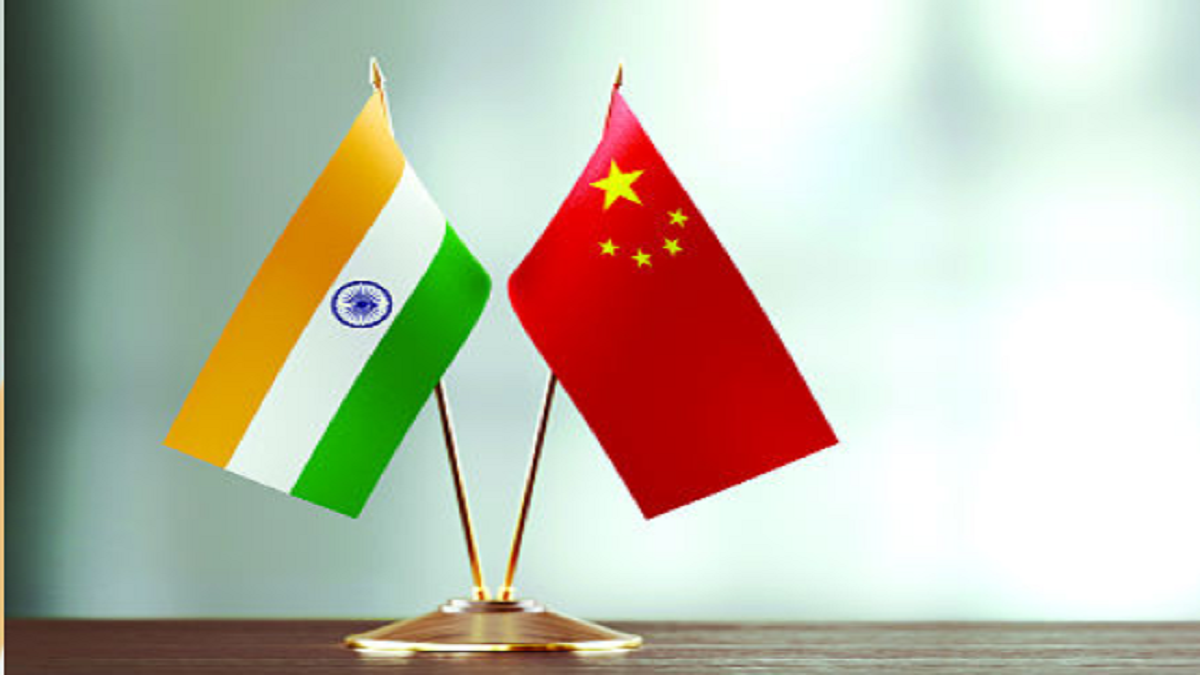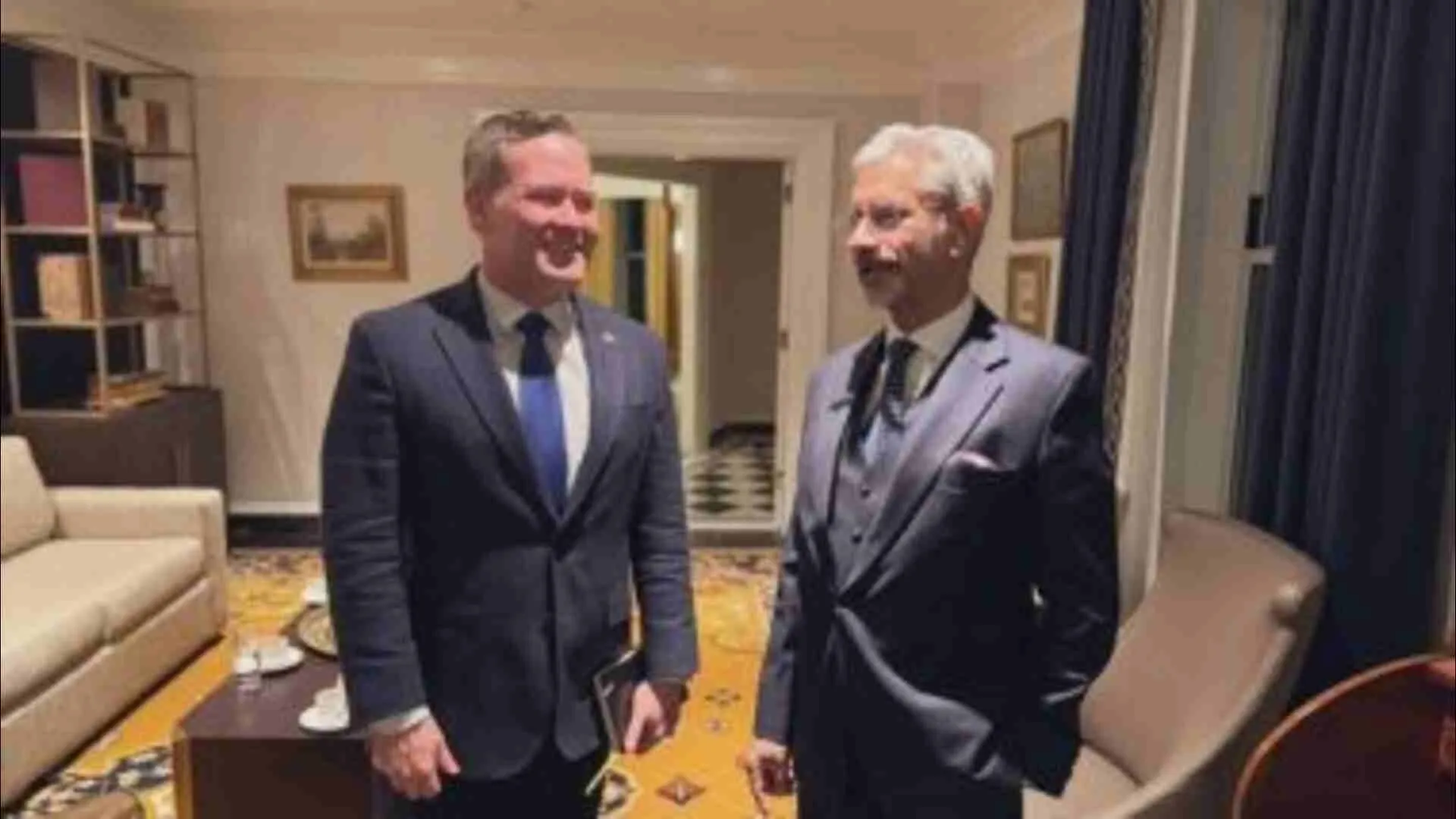In a potential game-changer aimed at spurring regional economic integration and providing an alternative to China’s economic domination, US President Joe Biden unveiled the much-awaited Indo-Pacific Economic Framework for Prosperity (IPEF) in Tokyo on Monday, with India as one of the first dozen partners.
A day ahead of the Quad summit, the IPEF was launched in the Japanese capital in the presence of Japanese Prime Minister Fumio Kishida and Prime Minister Narendra Modi. The leaders of the other initial members of IPEF, which collectively account for 40% of the global GDP, joined the event online.
The 13 initial members of the regional economic grouping include the US, Japan, India, South Korea, Australia, Indonesia, Thailand, Singapore, Malaysia, the Philippines, Vietnam, New Zealand and Brunei. The landmark economic arrangement has been conceptualised and designed to provide an alternative to China-dominated mega trade deals in the region such as Regional Comprehensive Economic Cooperation (RCEP) and Comprehensive and Progressive Agreement for Trans-Pacific Partnership (CPTPP).
President Biden underlined that the future of the 21st century economy will be written in the Indo-Pacific. “We’re writing the new rules,” he said. “The key to our success will be the framework’s emphasis on high standards and inclusivity,” he said. Underscoring the open-ended architecture of the nascent economic grouping, Biden stressed that the IPEF will be “open to others who wish to join in the future”.
ADVANTAGE, INDIA
Ending speculation about India’s hesitation in joining IPEF, PM Modi struck an upbeat note saying that the announcement of IPEF is a declaration of a collective desire to make the Indo-Pacific region an engine of global economic growth. “India has historically been at the centre of trade flows in the Indo-Pacific region, having the world’s oldest commercial port in Lothal, Gujarat,” he said. PM Modi called for finding common and creative solutions to tackle economic challenges of the Indo-Pacific region. Unveiling the 3T’s formula, he said that resilient supply chains in the future will be framed by “Trust, Transparency and Timeliness.” He expressed India’s commitment towards working with all Indo-Pacific countries for an IPEF
is both “inclusive and flexible”. “India is keen to collaborate with partner countries under the IPEF and work towards advancing regional economic connectivity, integration and boosting trade and investment within the region,” said India’s Ministry of External Affairs in a statement.
Significantly, 11 of the 13 countries in the IPEF, barring India and the US, are part of the RCEP, the world’s largest trade bloc. Seven of the 13 countries—Japan, Brunei, Malaysia, Singapore, Vietnam, Australia and New Zealand—have already signed on to the CPTPP. The US withdrew from TPP and CPTPP, which adversely impacted its reputation in the Indo-Pacific and fuelled doubts about its commitment to this vital geo-economic and geo-strategic region. The selection of countries as funding members of IPEF clearly signals an emphatic return of the US to the Indo-Pacific and its capacity to provide global leadership at a time when the rules-based order is threatened across geographies. The IPEF is poised to boost the US economic presence in Asia and help counter increasing Chinese clout in the region. The launch of the group marks “an important turning point in restoring US economic leadership in the region, and presenting Indo-Pacific countries an alternative to China’s approach to these critical issues,” US Commerce Secretary Gina Raimondo said.
With the launch of the process to establish the IPEF, partner countries will begin discussions focusing on strengthening economic cooperation and achieving shared goals.
In order to make the framework flexible and inclusive, the US has provided the pick-and-choose option to potential participants and pitched for a bigger role for India in fructifying this initiative. Under this flexible model, a participating country need not perforce join all the pillars of the framework, which includes fair and resilient trade (including digital, labour, environmental and other standards); supply chain resilience; infrastructure, decarbonisation and clean energy; and tax and anti-corruption. India continues to have some lingering issues about the trade pillar, but is positive about the other pillars, especially, the Supply Chain Resilience Initiative.
The IPEF is, in many ways, a singular economic arrangement, as unlike traditional free trade agreements, such as the RCEP and the CPTPP, the IPEF does not provide market access, but only sets broad rules for the region, providing more freedom to participants. It is not a “traditional trade deal”, but a “new model of economic arrangement that will set the terms and rules of the road for trade and technology and supply chains for the 21st century,” explained US National Security Adviser Jake Sullivan.
With all four Quad countries having signed onto IPEF, this new economic arrangement will be formally endorsed at the four-nation summit on 24 May. The launch of IPEF is set to provide more economic heft to the grouping, and cement the Quad’s position as a “force for global public good,” as described by Prime Minister Modi.
PM MEETS BUSINESS LEADERS
While the formal launch of IPEF was the highlight of PM Modi’s Day 1 in Japan, he also engaged in economic diplomacy by holding roundtables with titans of Japanese industry and one-on-one meetings with iconic Japanese businessmen such as Osama Suzuki and Akio Toyoda. PM Modi chaired a roundtable with top executives and CEOs of 34 Japanese companies and pitched for more Japanese investment for India. The companies that participated in the roundtable straddled diverse sectors including automobiles, electronics, semiconductors, steel, technology, trading and banking and finance.
Alluding to an ambitious target of investment of Japanese Yen 5 trillion announced by PM Kishida in New Delhi in March, PM Modi lauded the business community as brand ambassadors of the immense potential of India-Japan ties.
PM Modi also showcased India as the world’s preferred investment hub, saying that despite the slowdown in global FDI, India has attracted record FDI of USD 84 billion in the previous financial year. Terming it as a vote of confidence of India’s economic potential, PM Modi, who has been engaging Japan since his days as Gujarat Chief Minister, invited greater participation by Japanese companies in India and proposed celebrating Japan’s contribution to India’s development journey in the form of a “Japan Week”.
Manish Chand is CEO-Editor-in-Chief, India Writes Network, and India and The World magazine. He is Director, Centre for Global Insights India, a think tank focused on global affairs.
which























